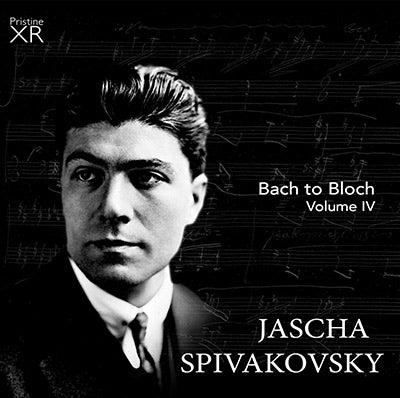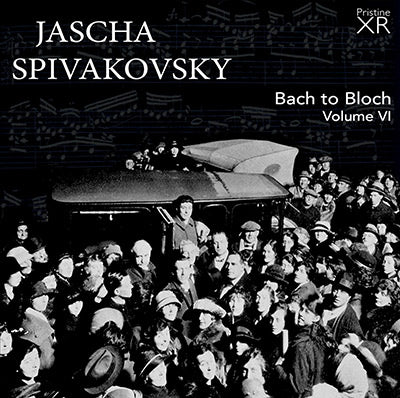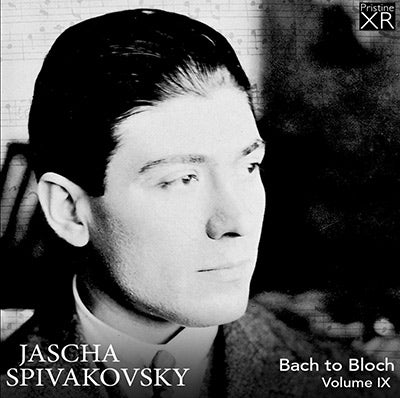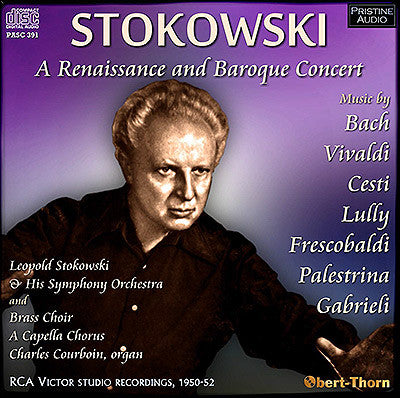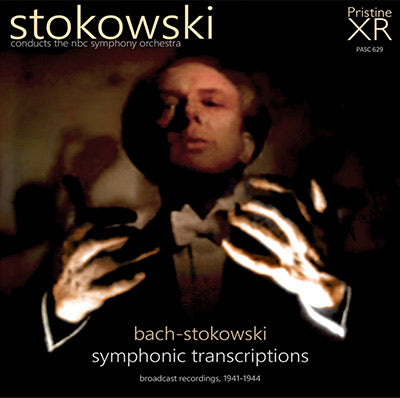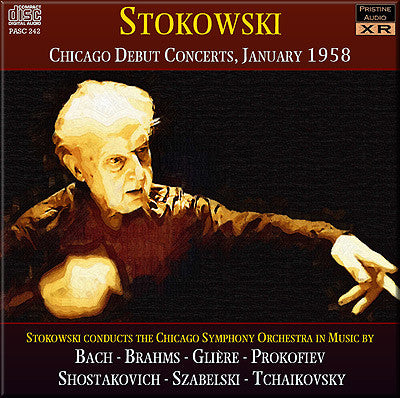Bach
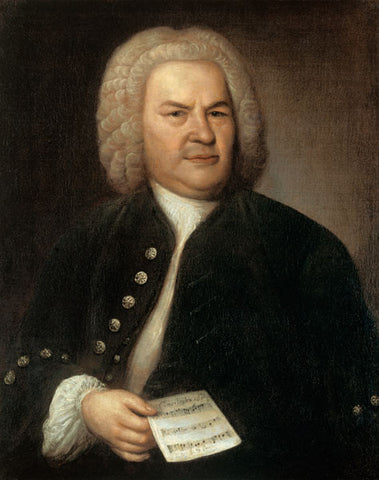
Johann Sebastian Bach (31 March [O.S. 21 March] 1685 – 28 July 1750) was a German composer and musician of the Baroque period. He enriched established German styles through his mastery of counterpoint, harmonic and motivic organisation, and his adaptation of rhythms, forms, and textures from abroad, particularly from Italy and France. Bach's compositions include the Brandenburg Concertos, the Goldberg Variations, the Mass in B minor, two Passions, and over three hundred cantatas of which approximately two hundred survive. His music is revered for its technical command, artistic beauty, and intellectual depth.
While Bach's abilities as an organist were highly respected during his lifetime, he was not widely recognised as an important composer until a revival of interest in his music during the first half of the 19th century. He is now generally regarded as one of the greatest composers of all time.
To a large extent, Bach's musical style fits in the conventions of his day, which is the final stage of the baroque style. When his contemporaries, such as Handel, Telemann and Vivaldi wrote concertos he did so too. When they wrote suites, he did so too. Similar with recitatives followed by da capo arias, four-part choral music, use of basso continuo etc. The specifics of his style lie with characteristics such as his skill in contrapuntal invention and motivic control and his talent for writing tightly woven music of powerful sonority. From an early age, he imbued himself with the compositions of his contemporaries and of prior generations, all of what was available from European composers, such as the French, the Italian, and those from all parts of Germany, and there is little of it that didn't appear in his own music.
Religious music was at the centre of Bach's output for much of his life. The hundreds of sacred works he created are usually seen as manifesting not just his craft but a truly devout relationship with God. He had taught Luther's Small Catechism as the Thomaskantor in Leipzig, and some of his pieces represent it. The Lutheran chorale was the basis of much of his work. In elaborating these hymns into his chorale preludes, he wrote more cogent and tightly integrated works than most, even when they were massive and lengthy.[citation needed] The large-scale structure of every major Bach sacred vocal work is evidence of subtle, elaborate planning to create a religiously and musically powerful expression. For example, the St Matthew Passion, like other works of its kind, illustrated the Passion with Bible text reflected in recitatives, arias, choruses, and chorales; but in crafting this work, Bach created an overall experience that has been found over the centuries since to be both musically thrilling and spiritually profound.
Bach published or carefully compiled in manuscript many collections of pieces that explored the range of artistic and technical possibilities inherent in almost every genre of his time except opera. For example, The Well-Tempered Clavier comprises two books, each of which presents a prelude and fugue in every major and minor key, displaying a dizzying variety of structural, contrapuntal and fugal techniques.

Bach
Johann Sebastian Bach (31 March [O.S. 21 March] 1685 – 28 July 1750) was a German composer and musician of the Baroque period. He enriched established German styles through his mastery of counterpoint, harmonic and motivic organisation, and his adaptation of rhythms, forms, and textures from abroad, particularly from Italy and France. Bach's compositions include the Brandenburg Concertos, the Goldberg Variations, the Mass in B minor, two Pa...
BACH Fantasia in C minor
BEETHOVEN Piano Sonata No. 31
CHOPIN Impromptu No. 1
CHOPIN Etudes
CHOPIN Bolero
SCHUMANN Carnaval
Recorded 1948-1966
Total duration: 71:30
Jascha Spivakovsky, piano
BACH Italian Concerto
MOZART Piano Concerto No. 5
SCHUBERT Impromptu in E flat
CHOPIN Nocturne in F sharp
CHOPIN Waltz in E minor
LISZT Hungarian Rhapsody No. 15
SCHUMANN Piano Sonata No. 3
Recorded 1955-66
Total duration: 71:40
Jascha Spivakovsky, piano
BRAHMS Piano Sonata No. 3
KABALEVSKY Piano Sonata No. 3
music by BACH, DEBUSSY, GLAZUNOV, LIADOV, MENDELSSOHN, RACHMANINOV, SAEVERUD
Recorded 1953-61
Total duration: 78:09
Jascha Spivakovsky, piano
Music by BACH, VIVALDI, CESTI, LULLY, FRESCOBALDI, PALESTRINA, GABRIELI
Studio recordings, 1950/52
Total duration: 75:40
Leopold Stokowski and
His Symphony Orchestra
Brass Choir
A Capella Chorus
Charles Courboin, organ
BACH-STOKOWSKI Symphonic Transcriptions
Live studio broadcasts, 1941-44
Total duration: 77:11
Collegiate Chorale
NBC Symphony Orchestra
conducted by Leopold Stokowski
BACH Chorale Preludes
SZABELSKI Toccata
SHOSTAKOVICH Prelude in E flat minor
PROKOFIEV Romeo and Juliet Suite
TCHAIKOVSKY Swan Lake Suite
BRAHMS Symphony No. 2
GLIERE Symphony No. 3
Recorded 1958
Total duration: 2hr 37:58
Chicago Symphony Orchestra
conducted by Leopold Stokowski

